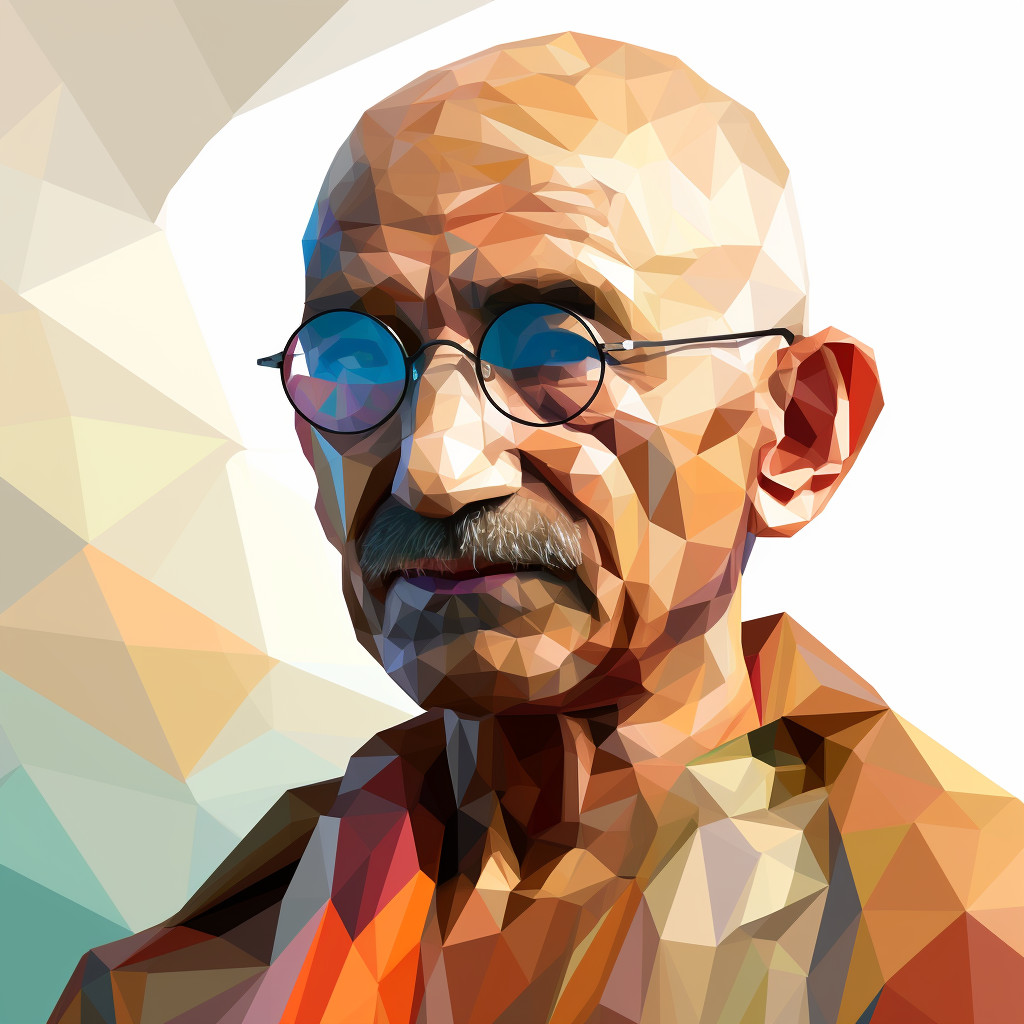It teaches us to be resilient in our pursuit of truth and to have the courage to uphold it, even when it’s unpopular or inconvenient. It tells us that truth has a power of its own, and that by aligning ourselves with it, we tap into that power.
In a broader societal context, it serves as a reminder that popular opinion or consensus is not always a reliable indicator of truth. Societies have often been wrong, and it has frequently been the role of individuals or minority groups to challenge the status quo and bring the truth to light. This quote can inspire social activists, whistleblippers, and truth-seekers of all kinds who often face opposition or indifference from the majority.
In conclusion, this quote is a powerful statement about the nature of truth and its inherent strength. It encourages us to seek, uphold, and live our truth, regardless of external factors or pressures. It serves as a reminder that truth is self-sustaining and does not need external validation to exist or be valid. It’s a call to authenticity, integrity, and courage in a world that often seems more comfortable with convenience than truth.







